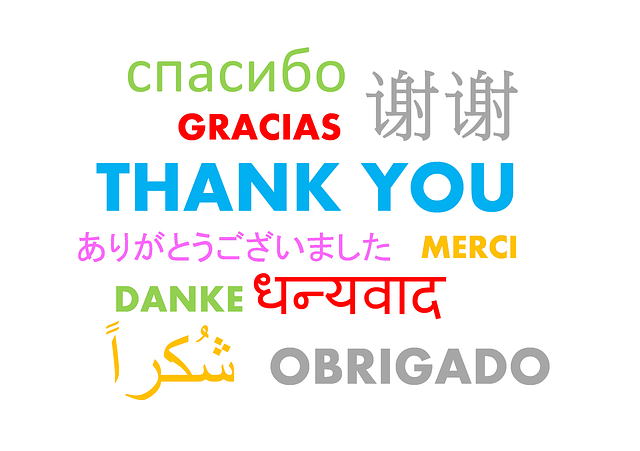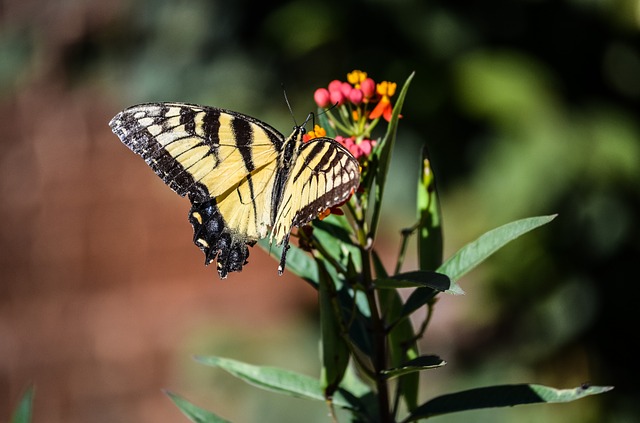Increasingly research into gratitude has highlighted the benefits of being grateful and expressing that feeling through thought, writing or action.
Neuroscientist, Glenn Fox, in his article, “What the brain reveals about gratitude“, argues that scientific studies have established that expressing gratitude can improve your health, your relationships and your overall happiness. He also asserts that recent research demonstrates that gratitude alleviates depression.
In support of this view, Joel Wong and Joshua Brown established through their research that gratitude practice helps people who experience mental health issues as well as people who are mentally healthy. They postulate that practising gratitude displaces “toxic emotions” such as anger and resentment through the cultivation of positive emotions such as appreciation.
Wong & Brown, drawing on their research, demonstrate that just the act of expressing gratitude has substantial personal benefits and that sharing the expression of gratitude is not essential to realise these benefits. Their research entailed a control group of participants writing “gratitude letters”. They established that the benefits of being grateful grow over time and that there are sustained, positive effects on the brain, including “greater neural sensitivity in the prefrontal cortex” which leads to improved mental health over time.
They comment insightfully:
Much of our time and energy is spent pursuing things that we currently don’t have. Gratitude reverses our priorities to help us appreciate the people and things that we do have.
Robert Emmons in his ground-breaking article, “Why gratitude is good“, shares the results of research undertaken with his colleagues and lists the demonstrated physical, psychological and social benefits of gratitude. He asserts that gratitude entails more than appreciating what is good in our life – it also involves acknowledging the people who have enabled that “goodness”. This entails recognising that the source of what we experience as good is often someone outside of ourselves.
The researchers designing these research studies often had participants produce a gratitude journal – recording on a regular basis the things that they are grateful for. We can generate the positive energy of gratitude by reflecting on what is good in our past life or in the present.
As we grow in mindfulness through gratitude meditation, we train our brain to recognise what is good in our life, to appreciate the contribution of others to our happiness and mental health and to express that gratitude often and spontaneously. Through this state of positivity, we are better able to handle the challenges and stresses in our life.
By Ron Passfield – Copyright (Creative Commons license, Attribution–Non Commercial–No Derivatives)
Image source: courtesy of johnhain on Pixabay
Disclosure: If you purchase a product through this site, I may earn a commission which will help to pay for the site, the associated Meetup group and the resources to support the blog.










